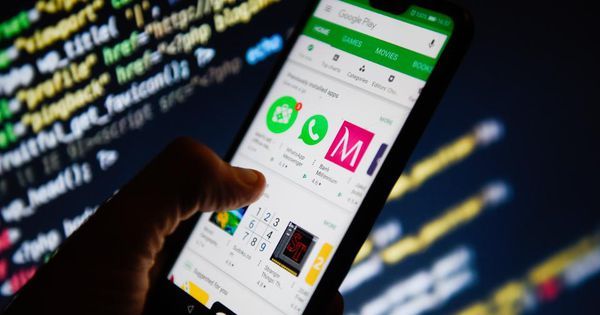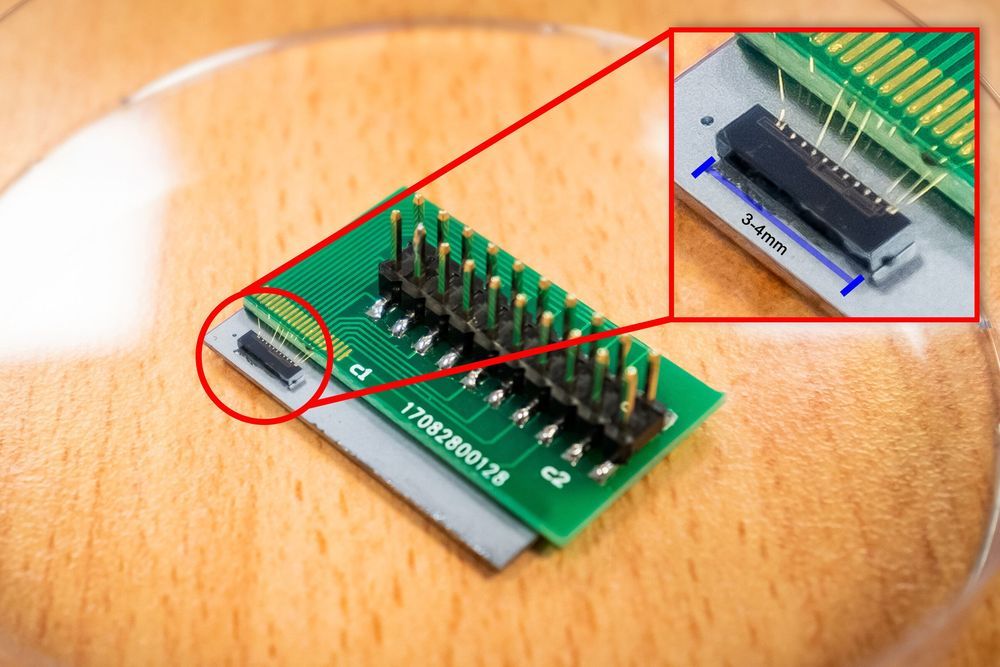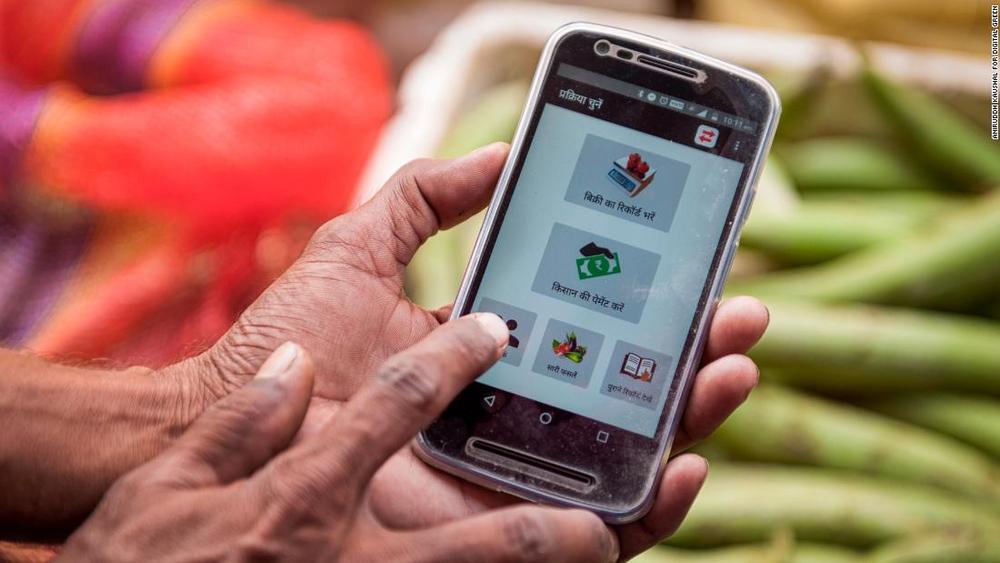Think of the human brain as an immensely powerful supercomputer. But as one of the most complex systems in Nature, there’s still much to learn about how it works. That’s why researchers from the Human Brain Project are attempting to unravel even more of its mysteries. However, most neuroscientists still believe that consciousness is generated in our brains, trying to justify their chosen profession as the only key to our experience of the world. It is not. We humans don’t live in a vacuum, we are not “brains in a vat,” so to speak. Just like your smartphone, your brain is a ‘bio’-logical computing device of your mind, an interface into physical reality. Our minds are connected to the broader mind-network, as computers in the Cloud. Consciousness is “non-local” Cloud, our brain-mind systems are receivers, processors and transmitters of information within that Cloud. So, a truly multidisciplinary and computationalist approach is required to crack the neural code and reverse-engineer consciousness in AI and cybernetic systems. We shouldn’t be surprised if all that hype about testing for the “seat of consciousness” could only end up refining our understanding of neural correlates — not how consciousness originates in the brain because it’s not its origin there. The Internet or a cellular network is not generated by your smartphone — only processed by it. Species-wide mind-networks are ubiquitous in Nature. What’s different with humans is that the forthcoming cybernetic mediation could become synthetic telepathy and beyond that — the emergence of one global mind, the Syntellect Emergence (cf. The Syntellect Hypothesis) #consciousness #HumanBrainProject
In episode four of Bloomberg’s Moonshot, see how 500 scientists in 100 universities are spending $1.1 billion on the Human Brain Project.







